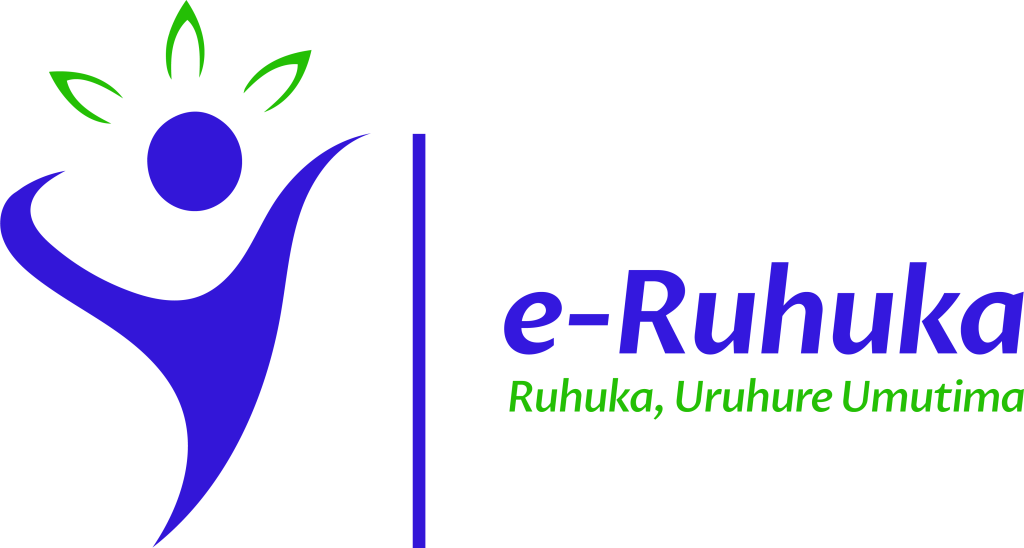Welcome to e-Ruhuka
An e-Mental Healthcare Architecture as an Innovative Solution to Promote an Alternative and Conventional Support in Rwanda.
To design an innovative and cost-effective e-mental health platform (e-Ruhuka) that will support mental health service delivery and promote mental health literacy through online psychoeducation in Rwanda.



Prof. Vincent Sezibera, PhD
Principal Investigator (PI)
e-Ruhuka
Director - Centre for Mental Health
University of Rwanda
President - Rwanda Psychological Society (RPS)
Introducing e-Ruhuka
The burden of mental illness is one of the most serious health challenges in the world. Up to 10% of the world’s adult population, about 450 million people, suffer from one or more mental and behavioral disorders. One out of four people will develop one or more of these disorders during their lifetime.
In Rwanda, the most recent mental health survey conducted by the Ministry of Health-Rwanda Biomedical Centre (2019) estimated 20.49% (N=19,110) of the general population (N=) were reported to meet diagnostic criteria for one or mental disorders, the same with 50.2% (N=1271) in the sub-sample of the survivors of the 1994 genocide against the Tutsi. However, the same survey found that only 5.3% will seek help from mental health services either because of the accessibility or the affordability of those services.
Expected Outcomes
The expected outcomes of this project are in line with the government program specifically the “Rwanda National Strategy for Transformation (NST-1), in their sections of improving universal access to quality health services and disease prevention by fighting mental health diseases, drug abuse and trafficking.
Conducive conditions
The potential for service improvement.
Ontological depth
The rationale and the reality of the project.
Mechanisms
The causal mechanisms that led to the problems.
Outcomes
Intended and achieved outcomes in a stakeholder perspective.
Patterns
Patterns about the innovation and the probability of spreading it.
Open Systems
Services for people with mental health problems are broad and offer insights about health and social care more broadly and not only limited to mental health.
Main Components
To analyze, design, and develop an e-mental health platform allowing patients to access mental health services in the comfort of their home place.
Literacy
The platform includes a feature that educates users on the categories of mental disorders, their causing factors, symptoms, and existing treatments.
Self-Screening
A patient self-management portal where data for various psychological illness symptoms will be collected for analysis.
Real-Time
With a well-designed user interface, a patient can visualize a list of available doctors then initiate a call. In case the doctor is not available the user will be able to request an appointment.
Database
The database will be designed to keep information about two entities: patients and mental health practitioners. Patient historical data will be recorded for future analysis.
Latest Case Studies
TBD
Get One Step Ahead
This study will employ prospective and cross-sectional collections of qualitative and quantitative data. Prior to data collection, a systematic desk review of existing findings related to e-mental health use in Rwanda will be conducted.
Address
University of Rwanda - CMHS Campus
Call Us
+250 XXXXXX
Email Us
info@cmh.ur.ac.rw

